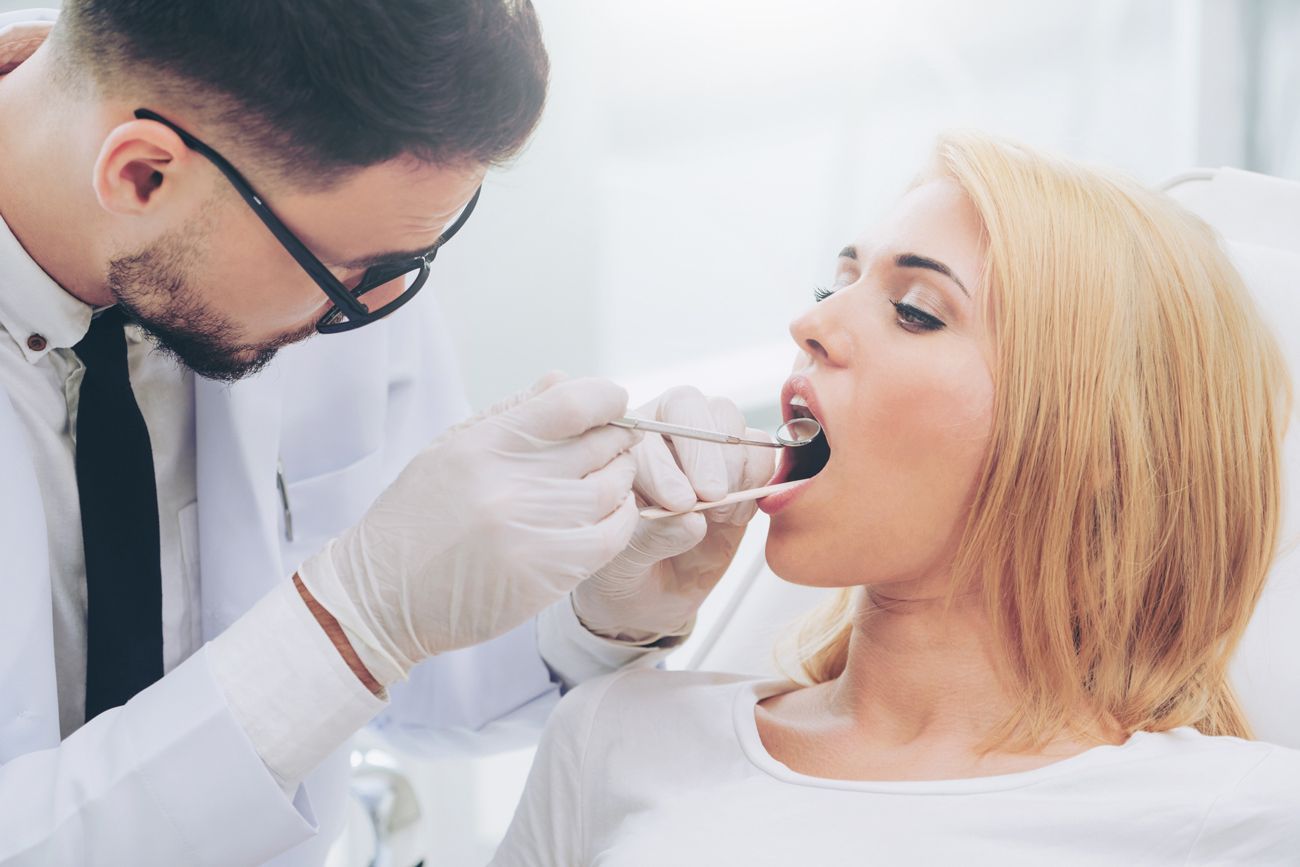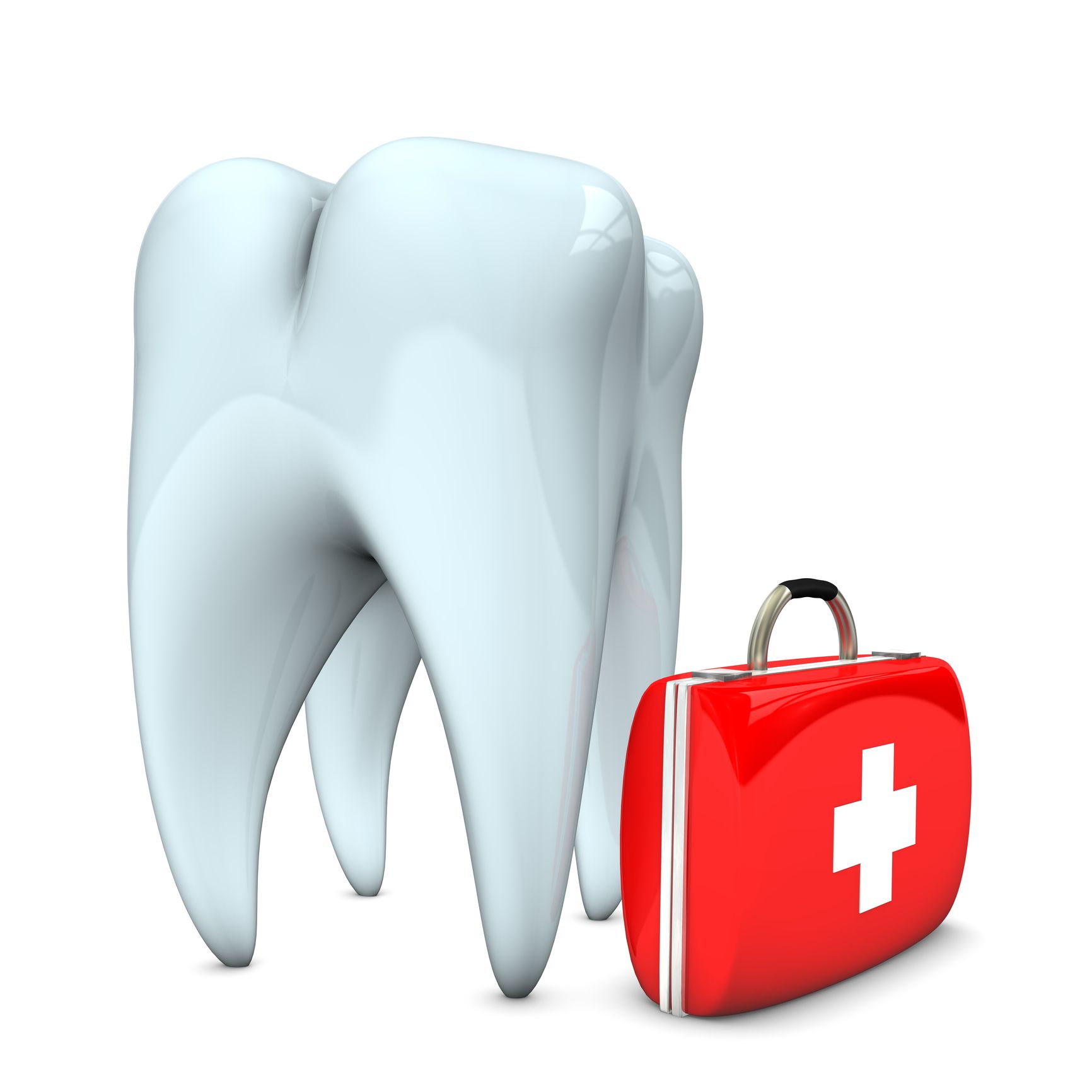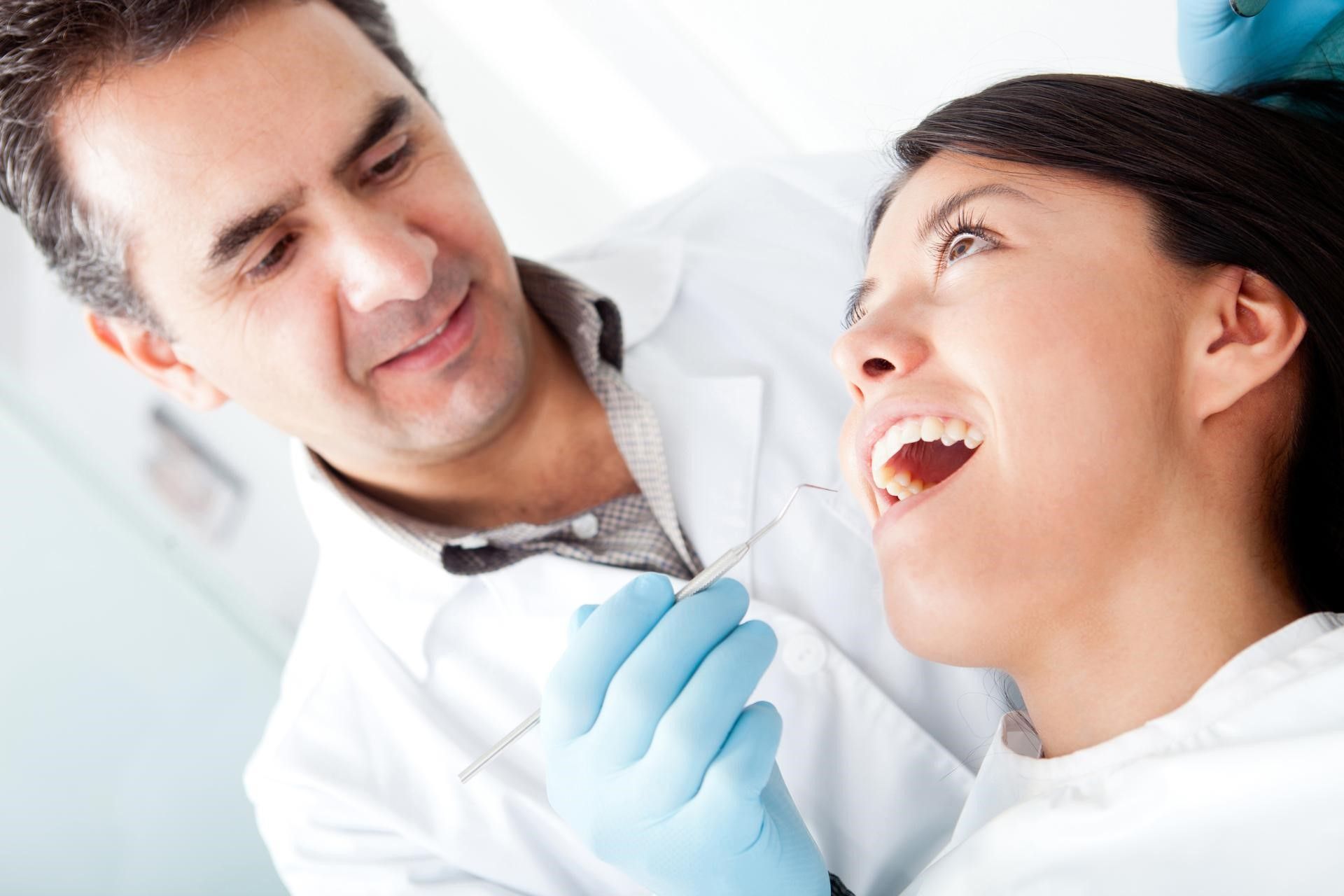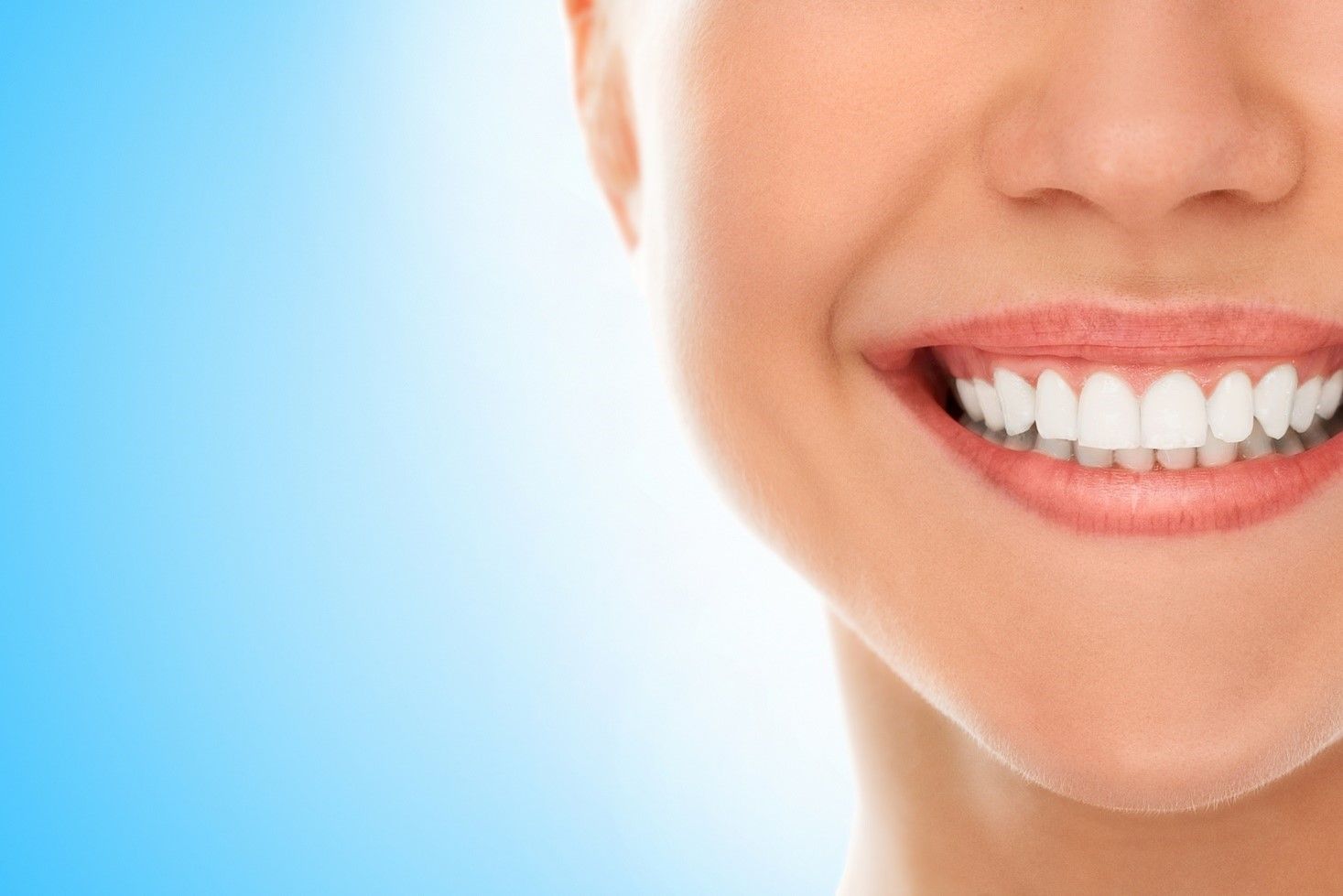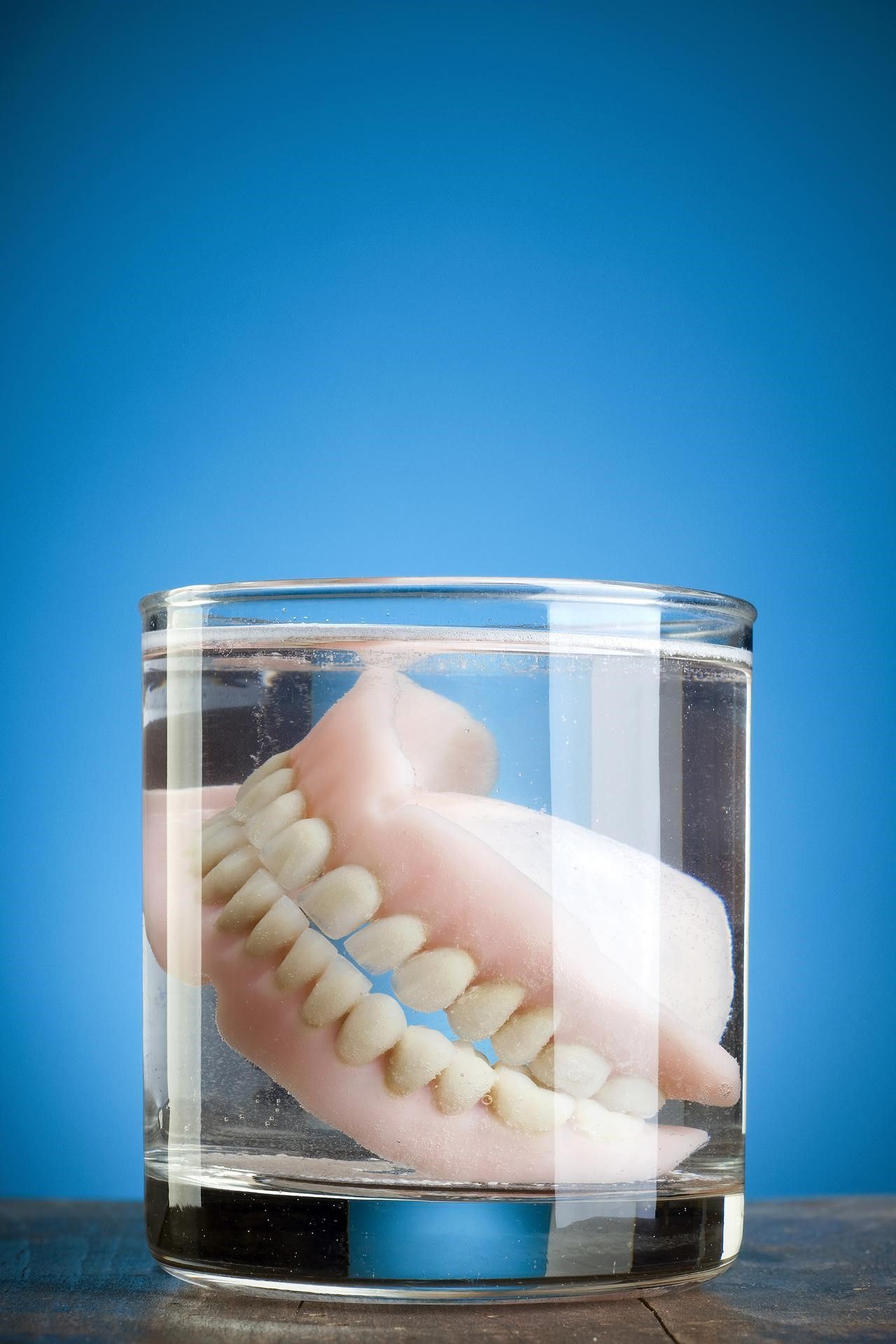4 Reasons Why You Have Sensitive Teeth
Sensitive teeth can give you a sharp, painful feeling every time you chew or bite down on food. Sensitivity gets worse whenever you eat or drink anything too cold or too hot.
A sensitive tooth can be a sign of a much more serious problem. Consult with your dentist if your sensitivity becomes too unbearable. In case you are wondering, your sensitive teeth may be due to one of the following causes.
1. Receding Gums
Your gums may retreat from your teeth and expose your tooth roots. The dentin tubules in the root are highly sensitive and can cause great discomfort if left unprotected. Your teeth become hypersensitive to cold or hot drinks, cold air, and certain types of food.
Gradual gum recession can destroy tooth support tissue and bone, and you will be vulnerable to more dental problems. A receding gumline can develop as a result of the following:
- Old age
- Chewing tobacco
- Vigorous tooth brushing
- Periodontal disease
Proper dental care starts with your gums, so use gum care products regularly. If you suspect signs of gum recession, visit your dentist to get a more accurate diagnosis.
2. Acidic Foods
Acidic drinks and foods eat away at the tooth enamel, eventually wearing down the hard outer surface. The enamel houses the pulp, where nerve endings are. Acidic action on the enamel exposes the pulp to external sensitivity triggers such as temperature. As a result, your teeth become hypersensitive to cold or hot drinks. You will also have a lot of difficulty chewing food properly.
Common acidic foods may include:
- Vinegar
- Lemon
- Citrus fruits
- Tomatoes
- Soda
If you develop a sensitive tooth, try and limit consumption of such foods. Also, substitute them with plain yogurt, cheese milk, or fruits high in organic fiber. The substitute foods add moisture to your mouth and neutralize any acidity threats to the tooth enamel.
3. Vigorous Brushing
When you brush your teeth too hard, you risk grinding away at your tooth enamel, thus increasing tooth sensitivity. Brushing too aggressively can also cause gum recession and expose the more sensitive parts of your teeth. You end up with bleeding gums and pain in the exposed tooth. You are better off changing your brushing technique to save your teeth from further damage.
Your dentist might recommend that you switch to a desensitizing toothpaste to relieve yourself of further sensitivity. Also, rinse your mouth with salty water at home to reduce inflammation. Talk to your dentist for more tips on how best to safely brush your teeth.
4. Bruxism (Teeth Grinding)
Bruxism occurs when you tightly clench your jaws and grind your teeth - either consciously or subconsciously. You might grind your teeth when you are in a stressful situation or while you sleep. You are likely to use more grinding force when you are sleeping.
Constant teeth grinding can weaken your enamel and leave you with cracked teeth. You will experience hypersensitive teeth once the dentin is out in the open.
Your dentist might recommend that you use a mouth guard when you sleep to avoid sleep bruxism. They may also prescribe pain relief medicine for your jaws to relieve severe bruxism effects. Also, with a few restorative dental procedures, your fractured teeth can be filled to help get you your smile back.
Act quickly if you want relief from hypersensitive teeth. A thorough dental examination can help diagnose the root cause of your sensitivity. However, you may have to undergo endodontic procedures if the damage is too severe.
For more information about your dental health, contact Eastland Dental Center & Professional Dental Care today. We look forward to speaking with you.

